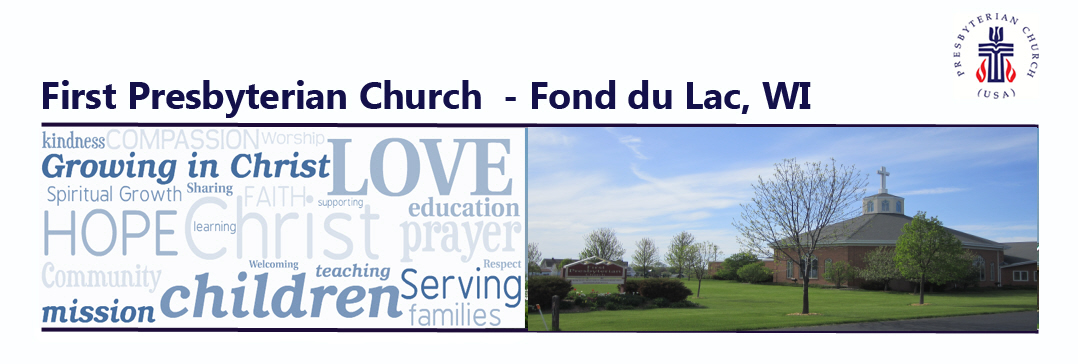1 Peter 3:8-12
Sunday’s focus on the discipleship of maintain our speech has had a lot of responses; not the least of has been having folks point out my remarks which are contrary to the emphasis of Sunday’s sermon. Sadly, my attempts to encourage acceptance of sarcasm as a gift of the Holy Spirit has failed to gain traction. And in the face of significant evidence from scripture I am forced to accept that even if it is clever, hostile and attacking language is not helpful for growing in the Spirit or conducive to development of healthy fellowship.
This is difficult because let’s face it, there’s nothing like one of those moments when you say something amazingly clever, and everyone notices, and it particularly humiliates someone who deserves to be brought down a peg. Of course that’s not the way it usually goes. Usually what was planned to be our witty repartee’ comes out as lame and insulting and we then find ourselves feeling angry and foolish. In the end silence is a much better plan.
This is particularly the case when we realize that so many of our hostilities and judgments are petty resentments that are based on misplaced anger. We want to beat up on someone to make ourselves feel less of the powerlessness we felt when someone skewered us. We want to get even for injustices that should be best left in the past. As it says in 1 Peter 3: “Those who desire life and desire to see good days, let them keep their tongues from evil….” So the enjoyment of dispensing a particularly pithy remark isn’t going to be as long lasting as the joy of a healthy and mature Christian heart. Well that’s disappointing.
A lot of effort has gone into nurturing the caustic attitude from which these types of remarks come. Many of us have seriously invested ourselves in the grudges and bitterness that lead to these types of comments. For some, the resentment is passed from generation to generation, a family heirloom of bitterness against whatever group or class of people who become the target. It’s asking a lot to give all of that up: to let go of our feeble attempts to feel that brief moment of satisfaction because we dropped the right verbal bomb on our target; just so that we may be healthy, happy, and have a better relationship with God. It’s a tough sacrifice but the argument is pretty compelling.
So where do we start? Silence is the beginning point. We begin with the boundary of our lips, not saying what comes to our mind. Placing a sentry at the door of the mouth at least begins the process of shutting off the flow. Then, we can work to bring silence to the noisier regions of our mind, the places where resentment and judgment continue to reverberate. By getting away from the mind-set of “No blood, no foul” to valuing the power of our words, we open possibilities for healing and nurturing relationships. This sense of being loved removes the need to feel more in control and better about ourselves which often drives the need to say such hostile and hurtful things.
Along with most people, I have to admit this is one area I continue to struggle. Managing our words is the one area of discipleship where we can do more to glorify God and share the love of Christ; to improve our life; and to find the joy that is God’s intention for us. It’s also the one that seems to challenge us most continually. But we’ll work at it.
Peace,
Pastor Jack
